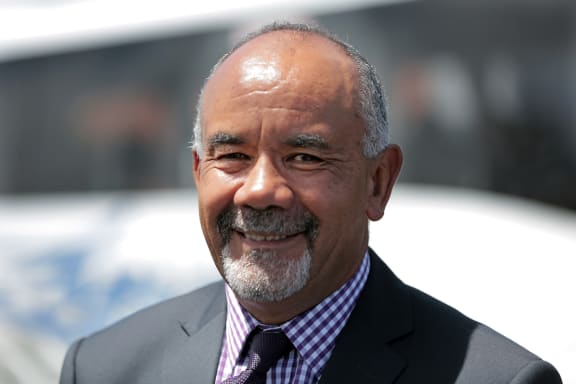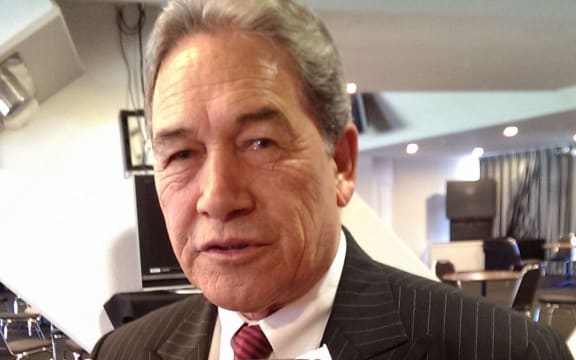ACT Party leader Jamie Whyte has rejected any suggestion he is racist for calling for the abolition of the Maori seats.

Jamie Whyte. Photo: RNZ
Mr Whyte and New Zealand First Winston Peters both say ordinary Maori do not benefit from what they call race-based laws.
Dr Whyte said in a weekend speech that Maori were legally privileged in New Zealand today, and that one of ACT's core principles had always been that the law should be colour blind and should treat everybody equally.
He said on Wednesday that New Zealand law made a citizen's rights dependent on their race and cited the Maori seats in Parliament and Auckland Council's Maori Statutory Board board as examples.
Despite that, Maori continued to suffer social disadvantages and that was one reason many people in New Zealand were comfortable with the way laws were written, he said.
Comments criticised
Dr Whyte's comments have prompted a rebuke from the Race Relations Commissioner, Dame Susan Devoy, and a reminder to politicians to stick to the major issues.
Labour Party leader, David Cunliffe said Dr Whyte's comments were sad and irrelevant.
Maori Party co-leader, Tariana Turia, said she is 'over' Dr Whyte and he should be ashamed of himself. She said it's no accident his comments come just weeks before the election on September the 20th.

Maori Party co-leader Te Ururoa Flavell. Photo: RNZ
The Party's other co-leader Te Ururoa Flavell said ACT and New Zealand First are vying for what he called the redneck vote with their rhetoric around what they call race-based law.
He said the same thing happened each election.
"This isn't about a race issue, this is about a rights issue. It's about a Treaty that was signed in 1840," he said.

New Zealand First leader Winston Peters. Photo: RNZ
Peters won't do deals
Winston Peters, meanwhile, said Maori bureaucracy did not benefit ordinary Maori and that his party would not do post-election deals with either the Maori Party or Mana, which he described as race-based.
Mr Peters said separate policies did not work. "Is there a Maori bureaucracy? Of course there is. And of course they're screaming out of the defence of Whanau Ora and all these other programmes.
"You've got the UN Declaration on Indigenous Rights, which says indigenous law will override the nation's law, we've got two flags, we've got social welfare and business systems separately developing, and it's all standing by."

